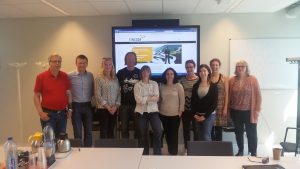
FLTR Jussi Riihiranta (TUAS), Helmut Helker (HAW), Tarja Åberg (TUAS), Harri Lappalainen (TUAS), Christiane Stange (HAW), Alba Prieto González (EACEA), Petra Biberhofer (WU Vienna), Giada Marinensi (Link Campus University), Lisa Bockwoldt (Uni Vechta), Susan Baines (MMU)
The three Knowledge Alliance projects “FINCODA”, “CASE” and “Textile and Clothing – TECLO” have met for two days, 12.-13. May, in Utrecht to discuss their synergies and further possibilities for cooperation.
Harri Lappalainen (Fincoda) had initiated a meeting to join efforts and forces of similar Knowledge Alliance projects. All three projects represented in Utrecht deal with competencies needed for responsible, future-oriented businesses and they all work at the interface of science and society with partners from universities as well as business. While the Fincoda project is interested in the assessment of general innovation competencies, the CASE project wants to foster competencies for sustainability-driven entrepreneurship, and the textile and clothing project addresses specific competencies of managers in the textile and clothing industry. During the meeting, synergies were discussed concerning the common topic of fostering competencies. Particular support strategies in between the projects were planned which help to complement current activities. For example, the Fincoda project develops an assessment barometer of innovation competencies that needs to be validated in diverse settings. The CASE project tests and evaluates courses and different cooperation formats between universities and businesses that are designed for a new master program on sustainability-driven entrepreneurship. Co
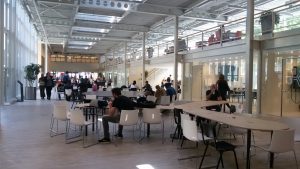
Campus of HU University of Applied Sciences Utrecht
nsequently, CASE can test the Fincoda barometer in order to see whether the pilot courses enhance students’ innovation competence and Fincoda gets more feedback on its assessment instrument. Likewise, the usage of the massive open online course (MOOC) developed to train textile and clothing managers in the Teclo project can be evaluated with the barometer.
Beyond these joint-testing initiatives, all three projects agreed to disseminate each other’s “products” and aim to develop further joint dissemination activities such as conferences, workshop, publications in order to reach new target groups and encourage the transnational network of Knowledge Alliances.
In short: An inspiring and very fruitful Knowledge Alliance meeting, not at least due to the warm and sunny welcome in Utrecht.
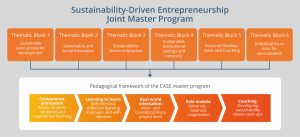
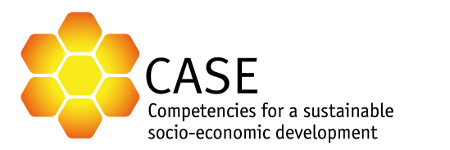
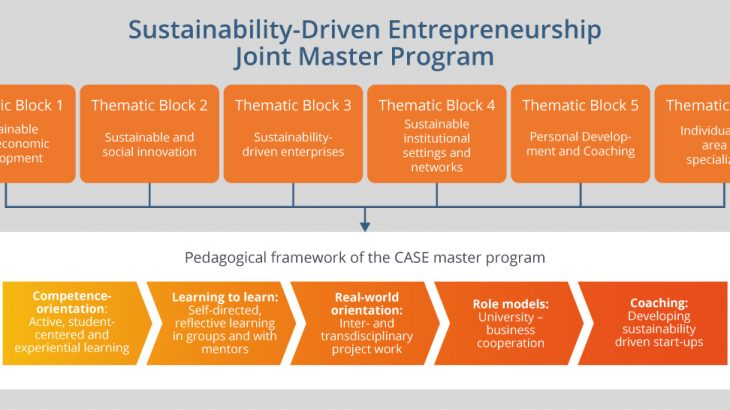
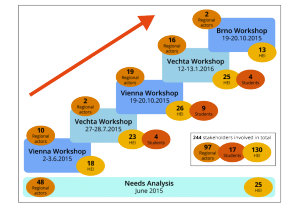
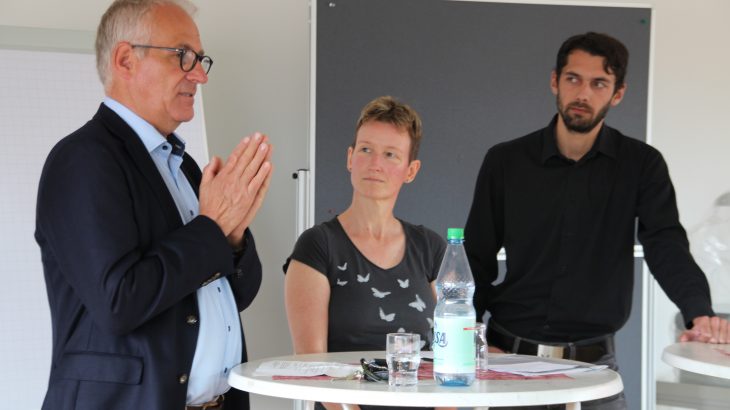
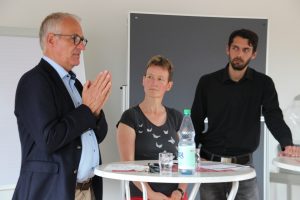
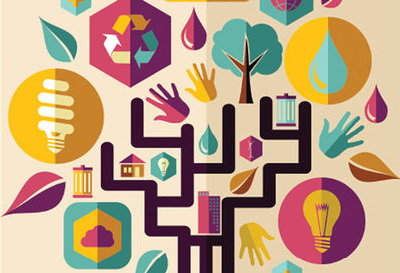
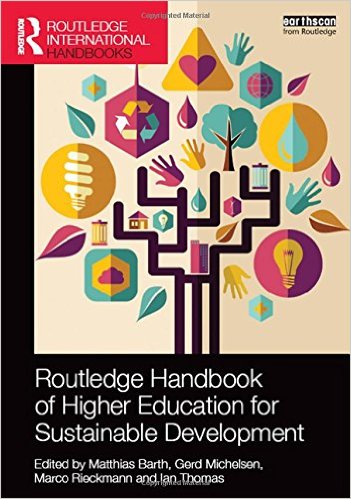
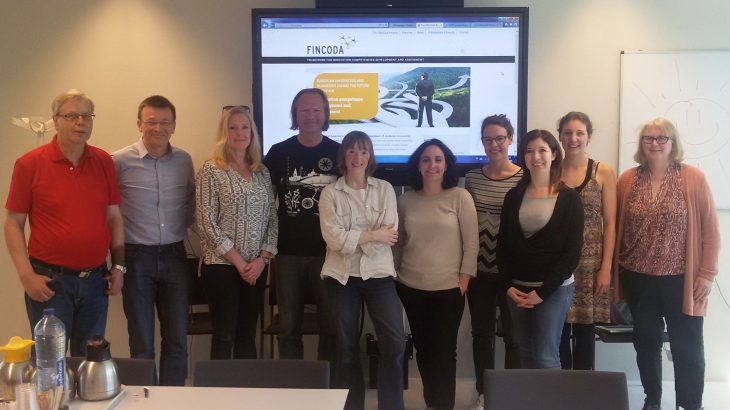


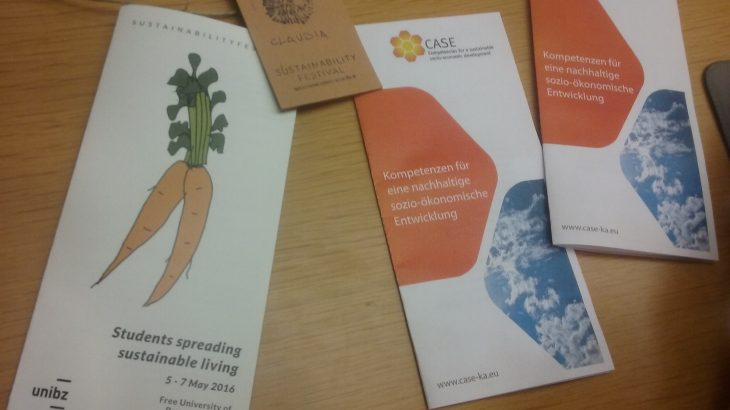

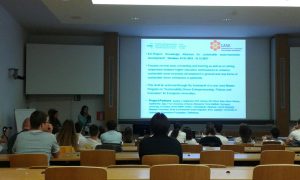 The Sustainability Festival is an appointment for reflection and concrete action around the concept of sustainability. From the 5th to the 7th of May, students, researchers and professors of the Free University of Bozen, together with external figures, presented different shades of the idea of sustainability, based on their own field of study.
The Sustainability Festival is an appointment for reflection and concrete action around the concept of sustainability. From the 5th to the 7th of May, students, researchers and professors of the Free University of Bozen, together with external figures, presented different shades of the idea of sustainability, based on their own field of study.